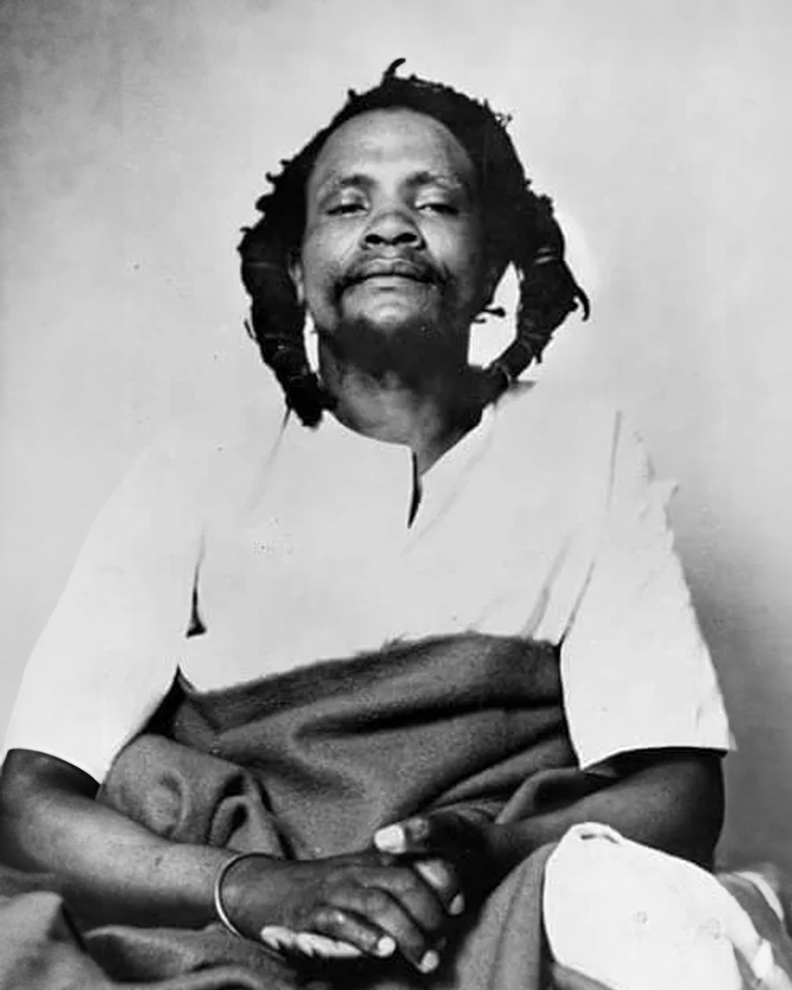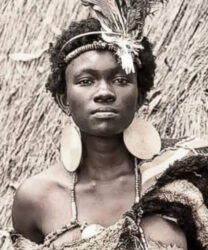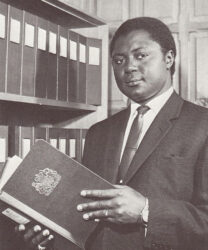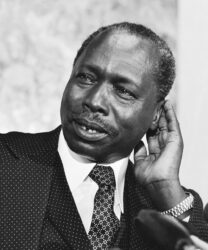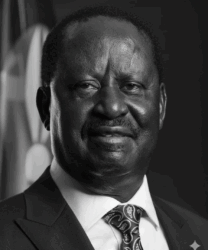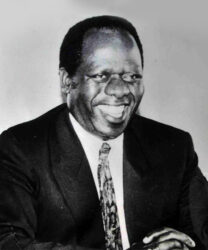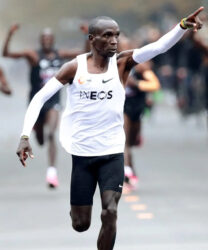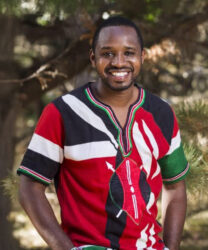Dedan Kimathi
Field Marshall Dedan Kimathi Waciuri was a Kenyan freedom fighter and a key leader of the Kenya Land and Freedom Army (KLFA) which fought against British colonial rule. His impact on Kenya's struggle for independence is profound, as he became a symbol of resistance and a martyr for the cause of freedom.
Kimathi’s most notable achievement was his role as the leader of the Kenya Land and Freedom Army (labelled ‘Mau Mau’, a derogatory term coined by British colonialists), a militant movement that sought to reclaim Kenyan land and rights from British settlers. He was instrumental in organizing the Kikuyu, Embu, and Meru fighters. Under his command, the KLFA engaged in guerrilla warfare, utilizing hit-and-run tactics that disrupted British colonial operations and challenged their control over Kenya. Despite limited resources and being outnumbered by colonial forces, Kimathi’s leadership inspired his followers to persevere in their struggle for liberation.
Kimathi’s influence extended beyond military tactics. He was also a political leader who articulated the grievances of the Kenyan people, particularly regarding land dispossession and the oppressive colonial system. His writings, including the diaries he kept during the struggle, provide insight into his vision of a free Kenya. These diaries highlight his commitment to justice, equality, and the upliftment of all Kenyans, irrespective of their tribe or social status. Kimathi’s leadership fostered a sense of unity among the various ethnic groups involved in the uprising, which was crucial in maintaining the momentum of the resistance.
The capture and subsequent execution of Kimathi by the British in 1957 marked a turning point in the Kenyan struggle. While his death was intended to demoralize the KLFA fighters, it had the opposite effect, galvanizing the Kenyan population and drawing international attention to the independence movement. His martyrdom became a rallying point that intensified the call for freedom, eventually contributing to Kenya’s independence in 1963.
Today, Dedan Kimathi is remembered as a national hero in Kenya. Monuments, streets, and institutions bear his name, and his legacy continues to inspire future generations to fight for justice and equality. His impact on Kenya’s history is a testament to the power of resilience, courage, and the unyielding spirit of a people determined to be free.
One of his quotes states: “I would rather die on my feet than live on my knees.” This quote embodies Kimathi’s defiance against oppression and his unwavering commitment to the cause of freedom, reflecting his belief in the dignity and rights of every human being.
Famous Quote
I have no doubt in my mind that the British are determined to execute me. I have committed no crime. My only crime is that I am a Kenyan revolutionary who led a liberation army. Now if I must leave you and my family I have nothing to regret about. My blood will water the tree of independence.
— Field Marshall Dedan Kimathi (to his wife, Mukami, on the morning of his execution)
